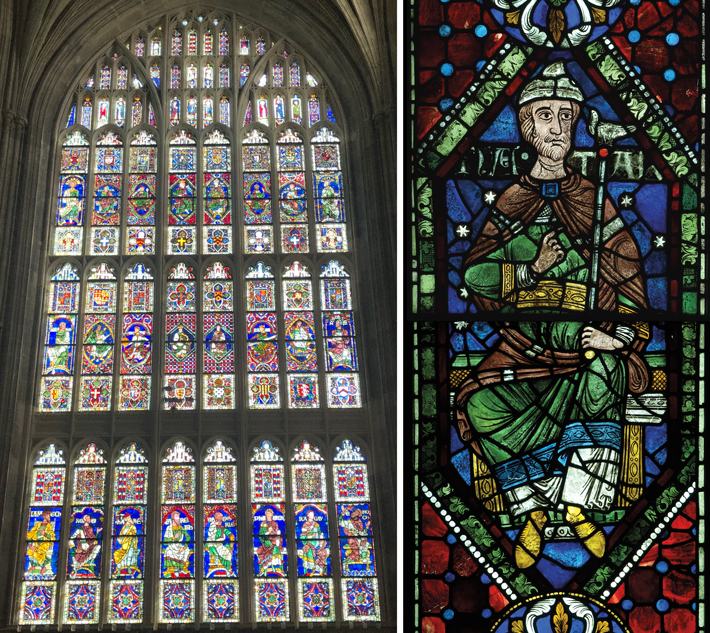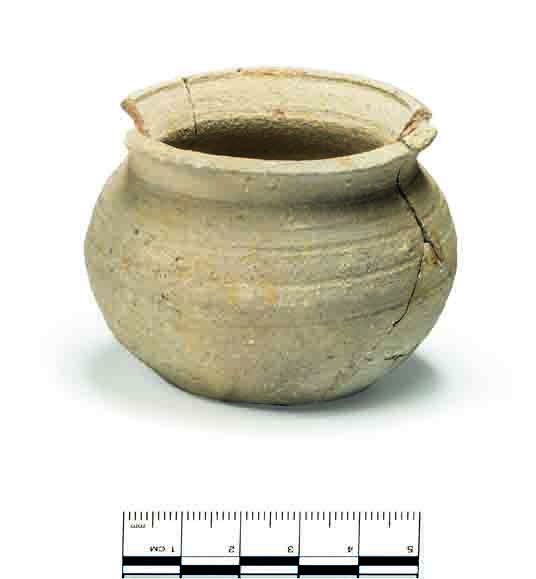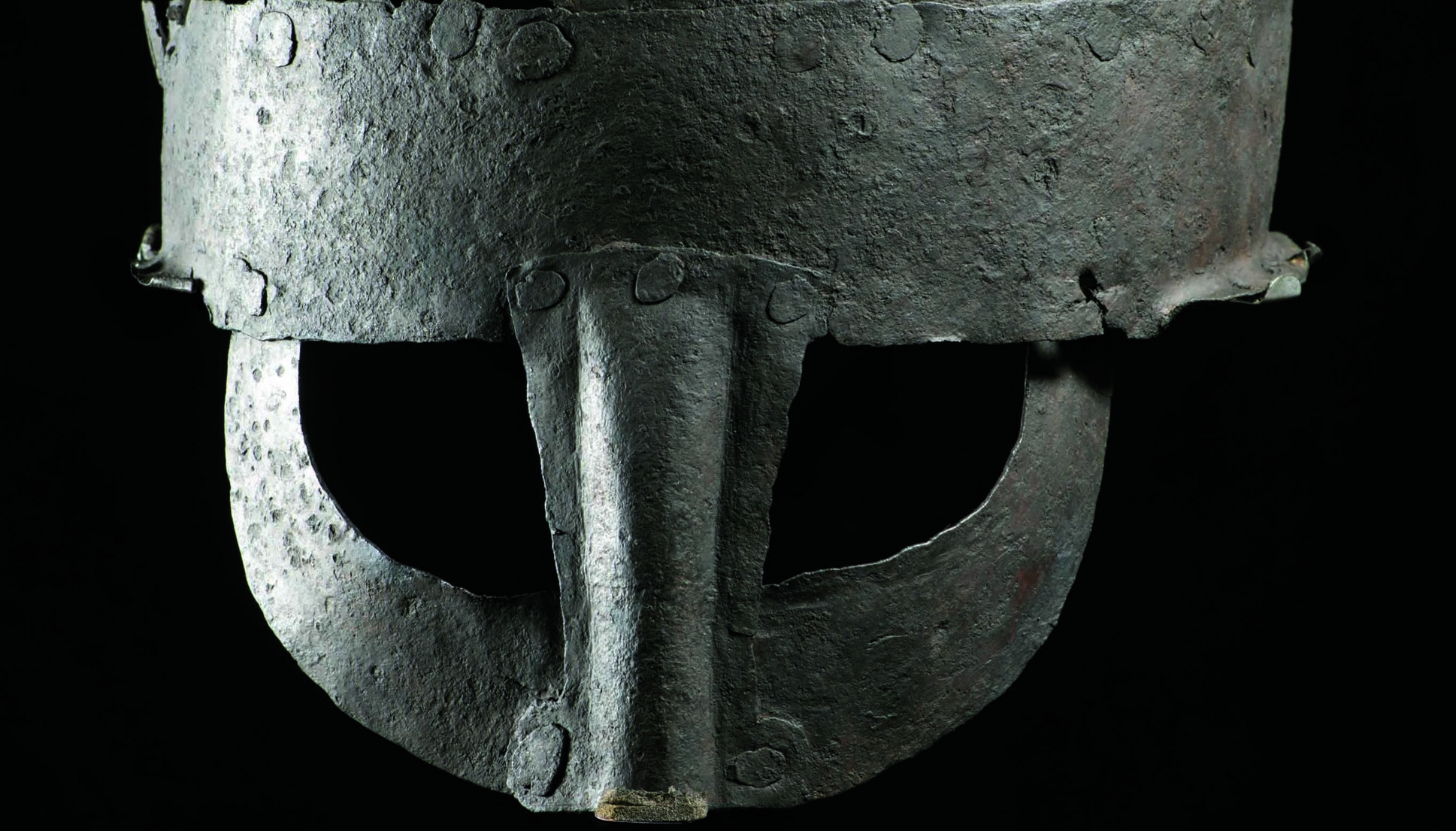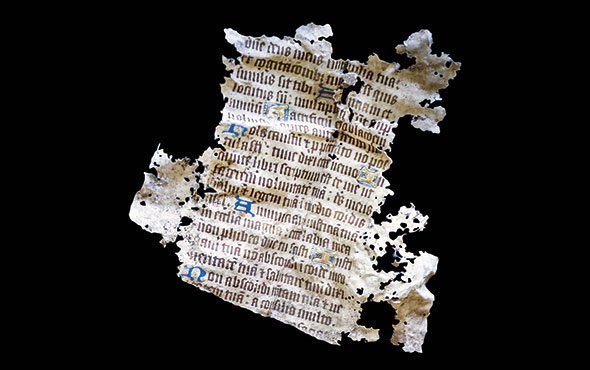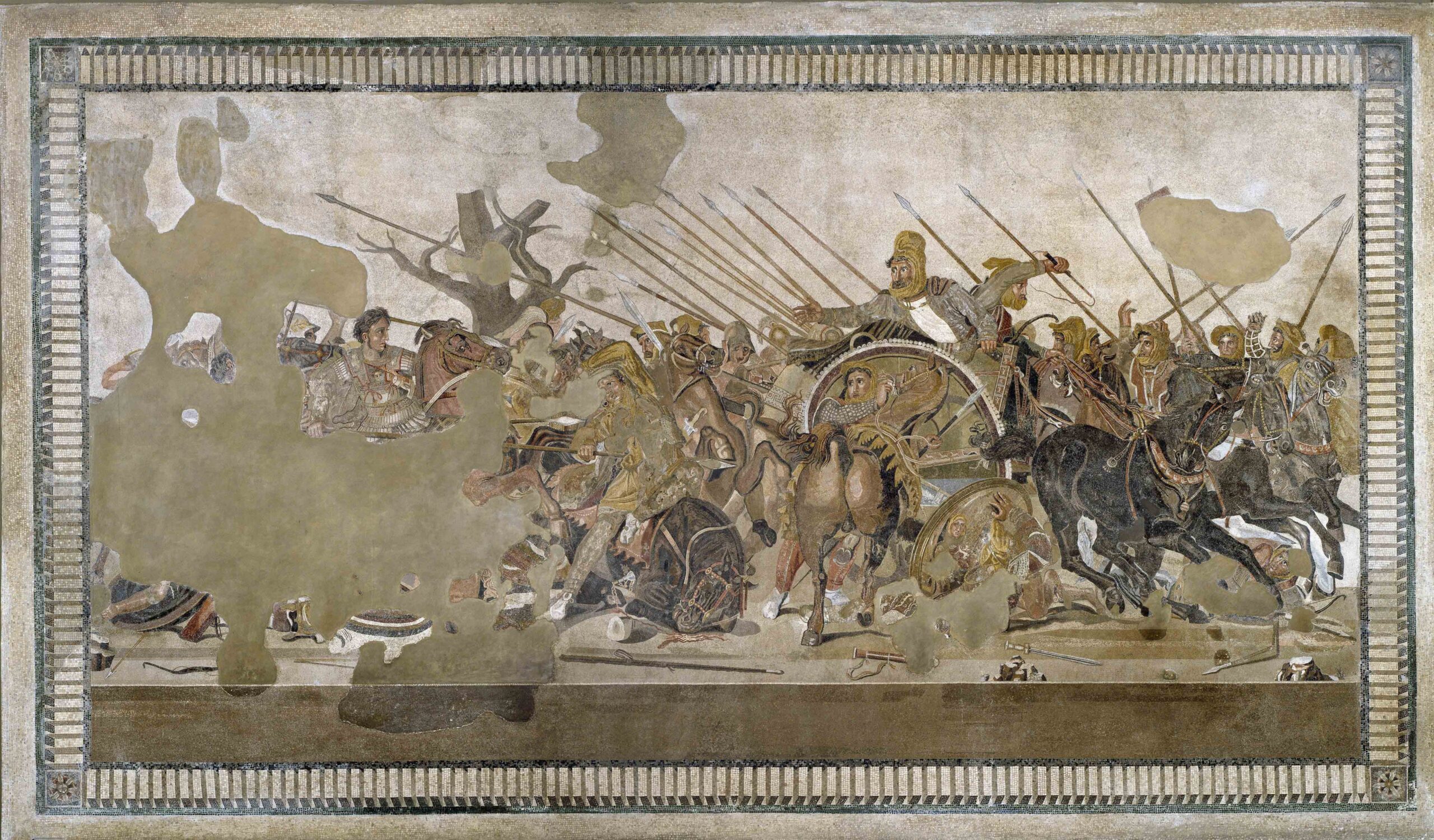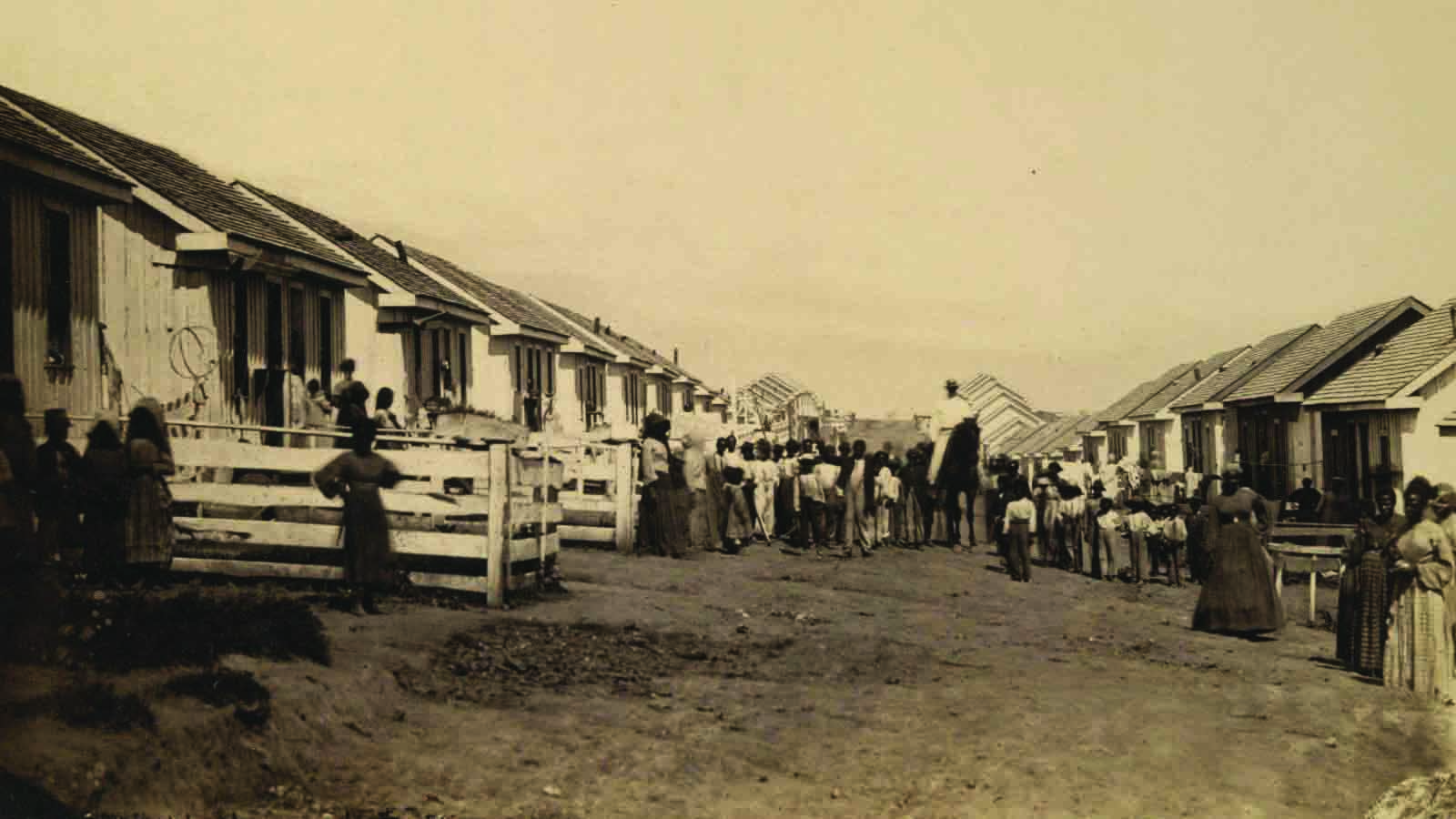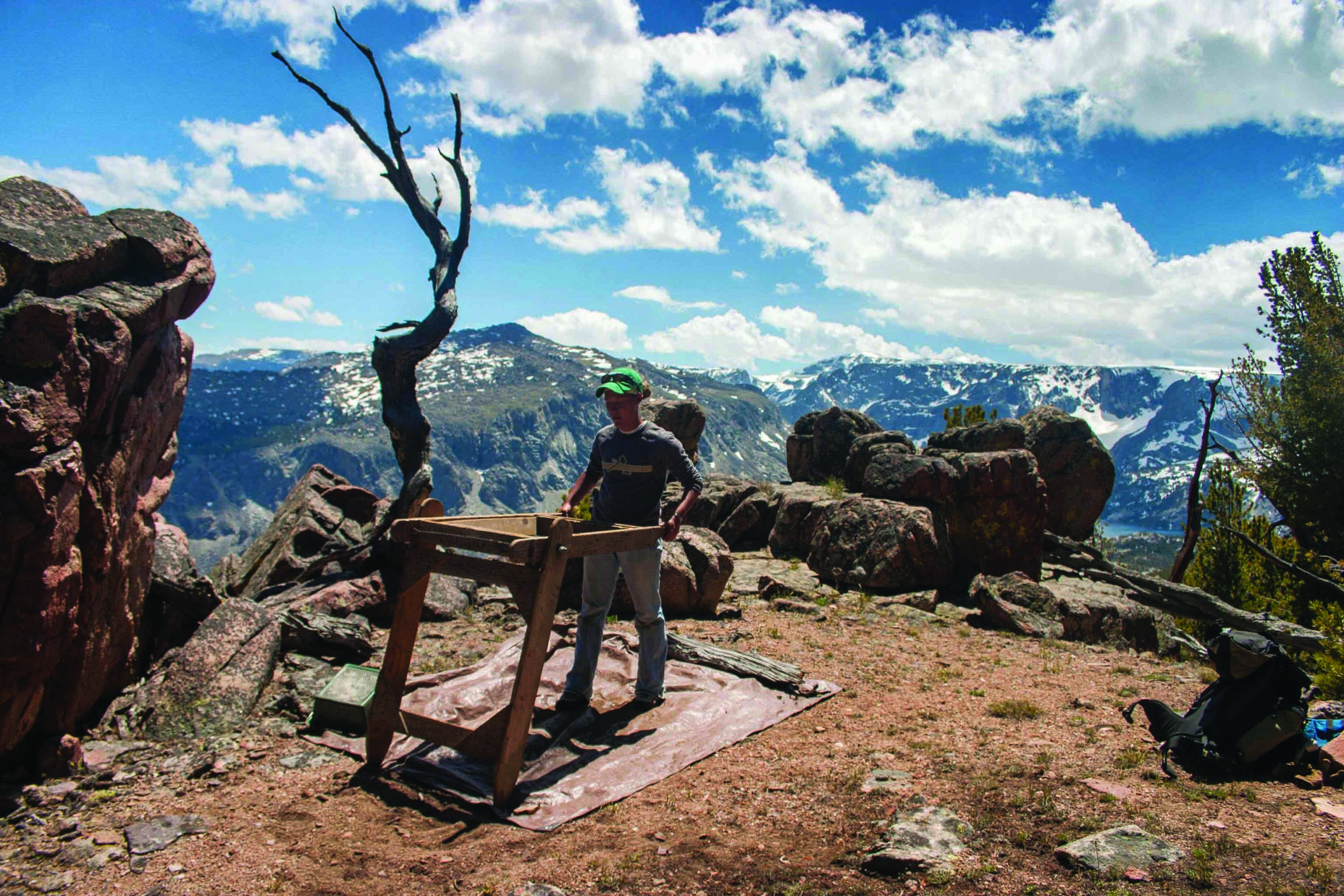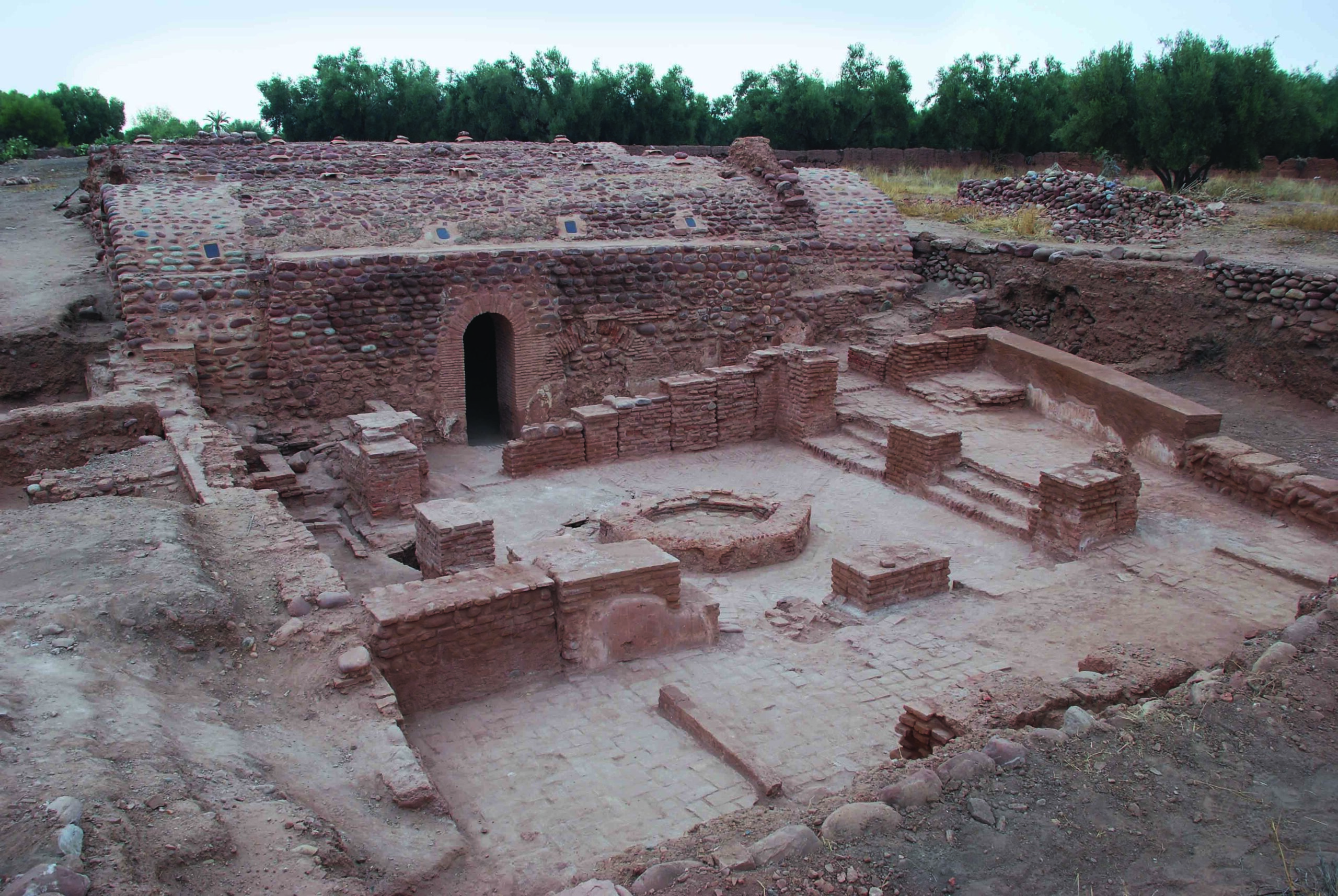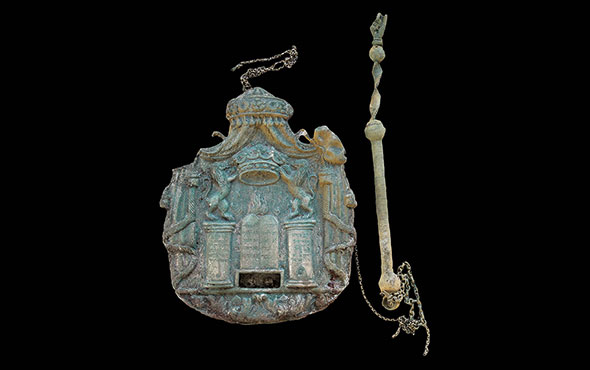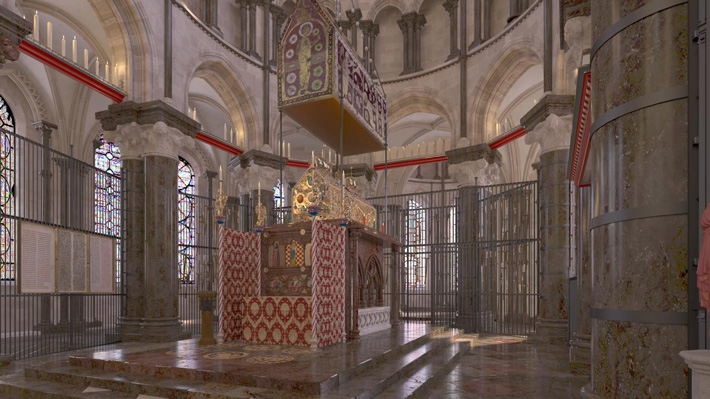
YORK, ENGLAND—BBC News reports that researchers from the University of York have digitally reconstructed a shrine dedicated to Thomas Becket as it would have looked in A.D. 1408. John Jenkins of the University of York said the team members used information from historical documents, including eye-witness accounts; surviving fragments of the shrine; and an examination of the site where the shrine stood in Canterbury Cathedral to create the reconstruction. Becket, the Archbishop of Canterbury, had been engaged in a bitter dispute with King Henry II over the rights of the church when he was slain by knights in the cathedral in 1170. The researchers suggest the shrine was built over a period of about 30 years in the cathedral’s Trinity Chapel sometime between 1180 and 1220. It soon became an important medieval pilgrimage site, receiving some 100,000 visitors a year to honor Becket as a saint and a martyr. The shrine was eventually destroyed during the Protestant Reformation in 1538. To read about changes in lead pollution levels that seem to correspond to the years of Becket's assassination and Henry II's death, go to "History in Ice."


